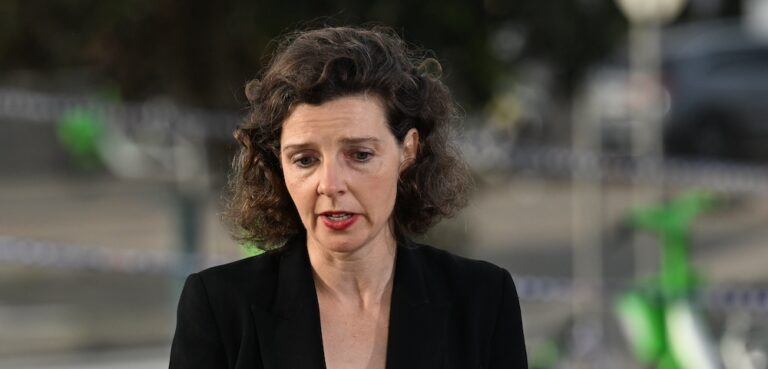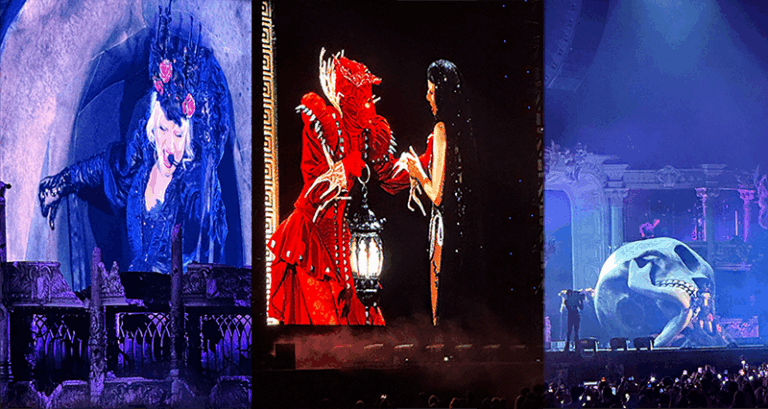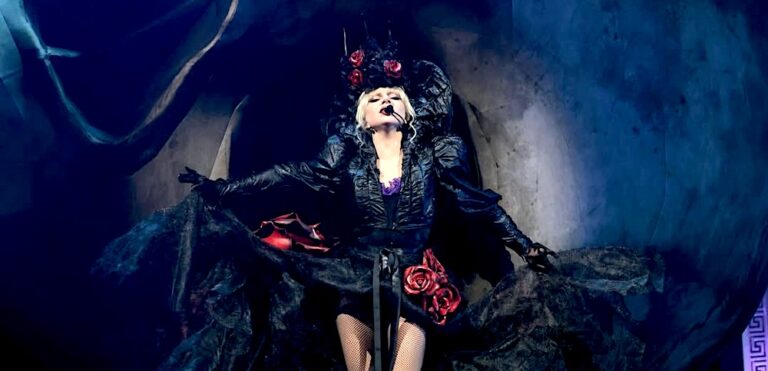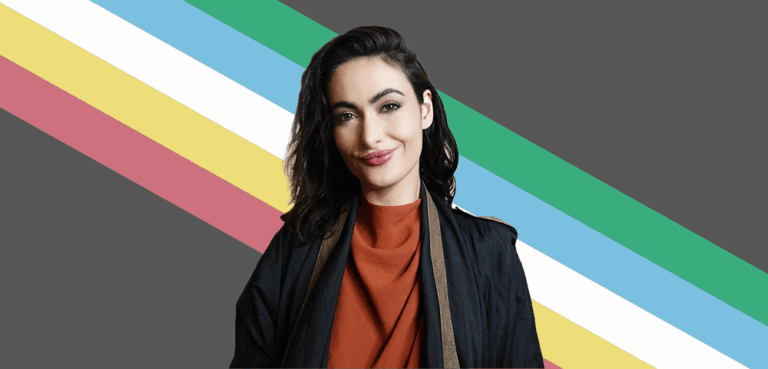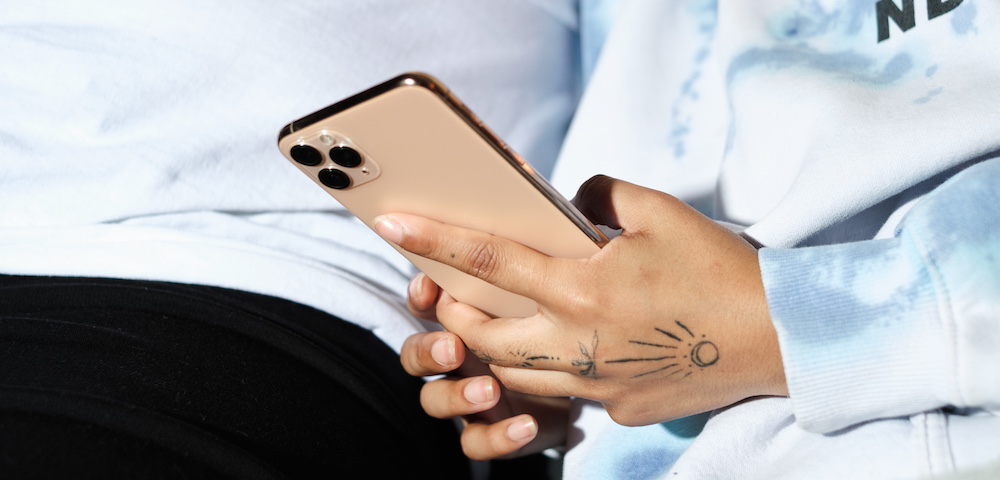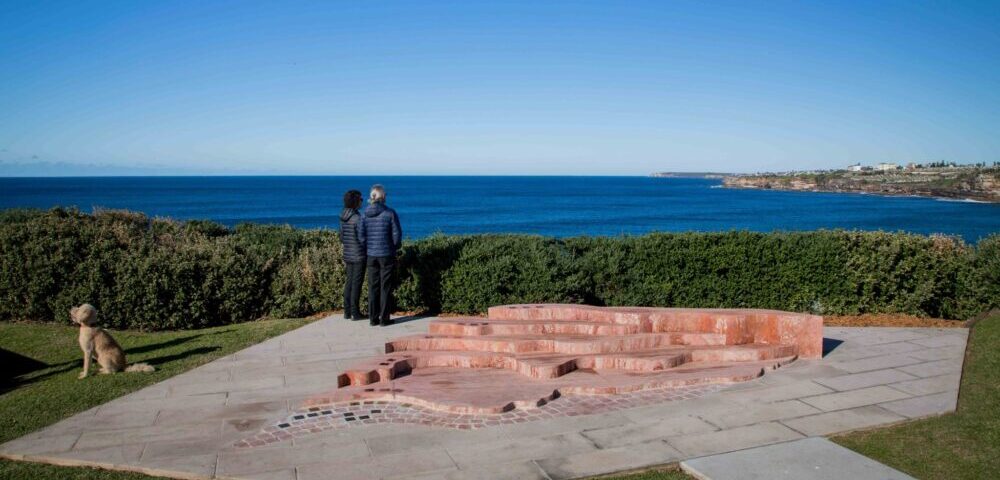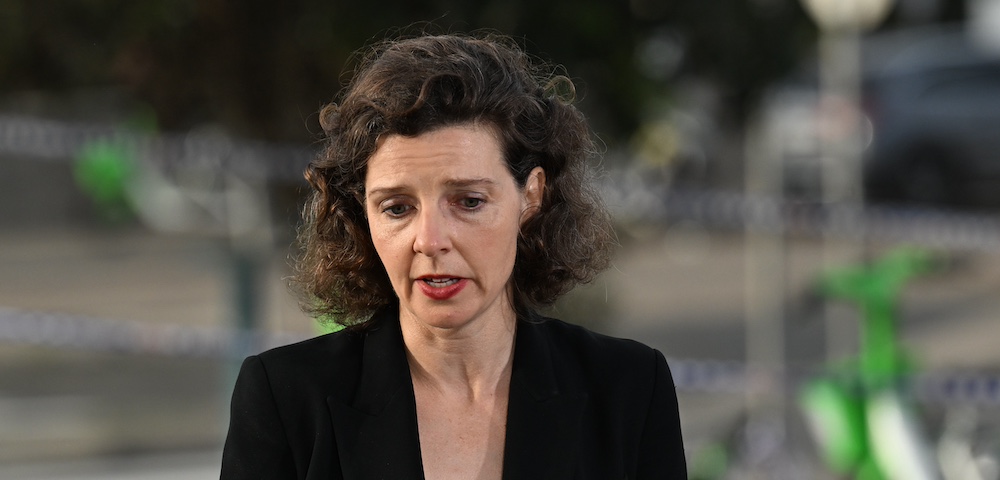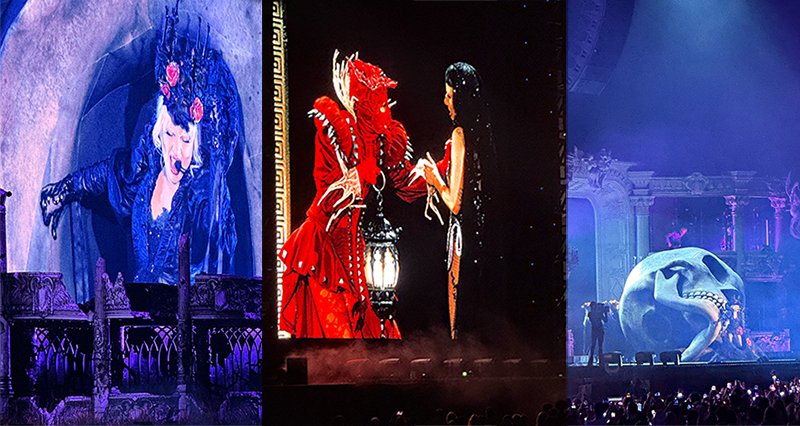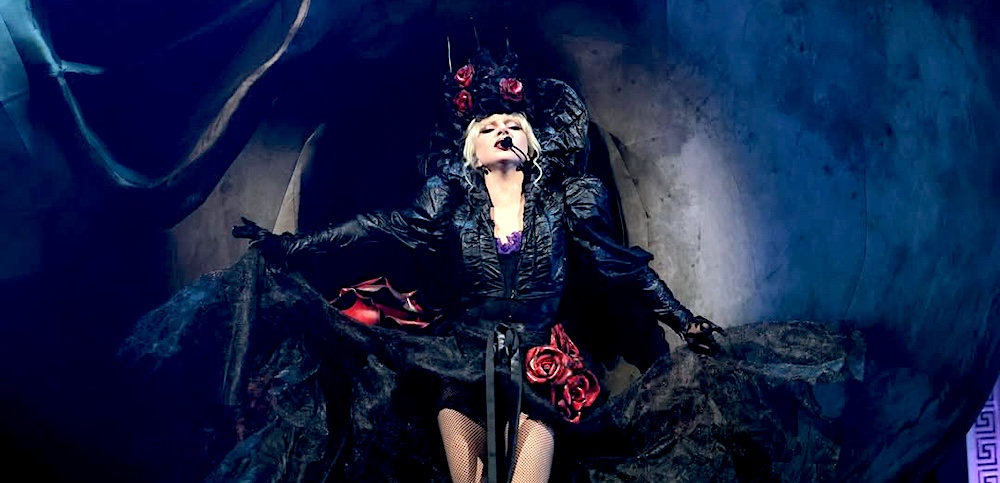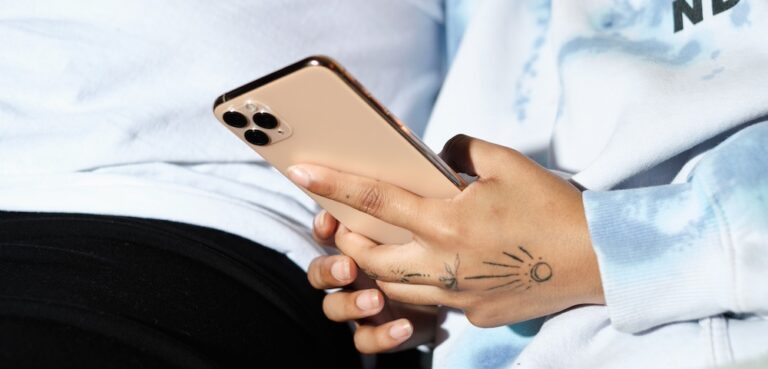
How gay body image ideals harm men living with a disability
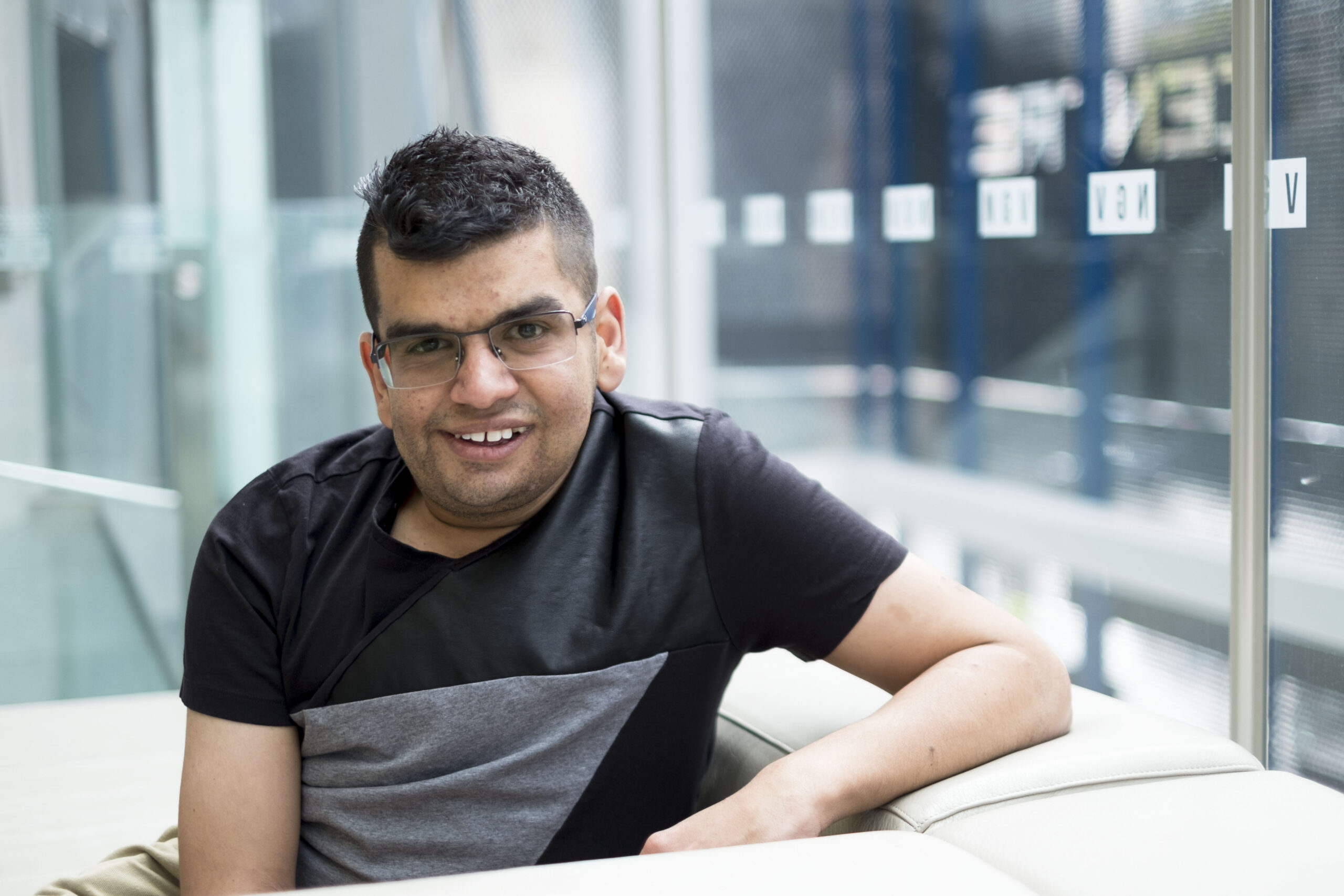
The gay community often puts pressure on men to reflect an unrealistic and superficial body image ideal. Ayman Barbaresco explores why this harms gay men living with a disability.
* * *
I’m not confined to a wheelchair and am able to walk using the two legs I was born with, but there’s still a sense that as a gay man living with a disability, I don’t fit in.
I was born with a neurological genetic condition called Neurofibromatosis (NF), a condition that can cause many ongoing complications including tumours throughout the body.
When I was three, I had already been diagnosed with cancer in the form of a brain tumour. I had a less than 20 per cent chance of survival and yet, after extreme doses of chemotherapy and radiotherapy, I made it.
But that wasn’t my only setback.
In 2002, I was diagnosed with scoliosis and in 2012, I was diagnosed with my second brain tumour.
The rollercoaster is still on its journey and it hasn’t been an easy ride, especially as a gay man.
Adding queer sexuality onto an already complex layer of disability can be quite hard for people to deal with, and you have to keep fighting for your place in society.
The struggle is very real.
I don’t fit the stereotypical gay man that everyone falls in love with, nor the type of guy that people want to take home and have their way with.
Although I’m only 29 years old, I worry that I’ll grow up to be an old lonely man.
Will I meet a guy that will accept me for who I am and will want to be with me if I’m diagnosed with another brain tumour, or worse – with cancer again?
What if my scoliosis takes a turn for the worse and I end up in a chair? Would he still want to be with me?
It would be nice to go out to dinner with a guy for a date; to be able to take someone home and talk about random things for hours on end as we watch a film and drink wine.
But I’ve rarely dated. I have never had a boyfriend or a romantic fling.
In fact, nine times out of ten, I have had to pay for sex, despite the common misconception that people with disabilities don’t or can’t have sex.
I’ve been single my entire life, and I find that challenging.
There’s a dominant perception in the gay community that you have to look and act a certain way. You can’t be 147 centimetres of energy like myself. Rather, you have to be six-foot-tall, dark, and handsome, with a gym-toned body.
In fact, I don’t feel comfortable in the gay scene because of all the twinks and muscle-buff guys that frequent it.
You’re expected to be Prince Charming, but what’s wrong with someone who has a little character?
It would be so much easier for people with disabilities if these barriers were smashed and taken down.
When I download ‘social’ hook-up apps I get frustrated. People don’t respond to me, and when they do we aimlessly chat until I ask if they’d like to meet up for a coffee. I end up deleting the apps because no-one responds. I just get frustrated.
If you spent five minutes with me you would find that I am just like the guys you swiped right to on Tinder.
My friends keep telling me that I will find someone that wants to be with me but what if I don’t?
My disability will not leave me. It will be by my side, as I lay beside you.
I can’t become someone who meets the ‘gay hook-up’ criteria we all have in the back of our minds because my disability won’t let me.
I’m aware that someone in my position is a lot to take in, but why is it that in minority groups we victimise and reject minorities within the minority?
Shouldn’t we accept all guys, regardless of whether they have chiseled bodies are are six-feet-tall?
I know I can’t single-handedly change the mentality of every gay man, but small changes need to start somewhere.
We need to ask ourselves what it will take for people living with a disability to be accepted in the gay community when we don’t look the way others expect us to look.
People need to accept that people with disabilities who identify as same-sex attracted have the same sexual and romantic needs as able-bodied people.
I hope that one day I will find a guy who accepts me for who I am. A guy who will want to be with me because he loves me as a person. After all, isn’t it what’s on the inside that counts?
To see more of Ayman’s work or to read up on his advocacy, visit: www.aymanbarbaresco.com.au

